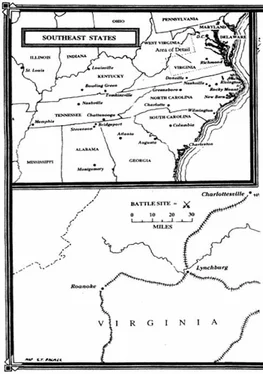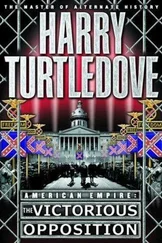For those who are interested in such things, I append detailed returns of the fictitious U.S. Presidential election of 1864 and Confederate Presidential election of 1867. The returns of the U.S. election in particular seem to require some further explanation. The two-party system was not so well established in the 1860s as now, as witness the four-cornered electoral struggle of 1860. Starting a new party and hoping for success was perfectly possible; the Republicans, indeed, had run their first national ticket as recently as 1856. In a country stunned by defeat, as the U.S. was here, new movements would naturally arise.
I might also note that, before I worked out the final tally, I did not know myself who was going to win this election. State-by-state returns were determined as follows: McClellan, the most conservative candidate, was given a percentage equal to half the total Bell and Breckinridge received in each state in the real election of 1860. In states where they had not appeared on the ballot, he was assigned a small, arbitrary percentage. The exception here is his home state of New Jersey, which seems reasonable, as he carried it in the real 1864 election (one of the two states, Kentucky being the other, which he did carry) and later served as its governor.
Lincoln and Fremont are considered to have split a vote percentage equal to the average of Lincoln’s 1860 and 1864 actual percentages. This method was designed to reduce the Republican total from what it actually was in 1864 with the war almost won, and in most states worked well. In Pennsylvania, however, where Lincoln’s actual percentage increased from 1860 to 1864, I reduced the percentage to be divided between Lincoln and Fremont. Fremont’s share of the total Republican vote varies by how “radical” I judged the Republicans of each state to be: he scores better in Kansas and New England than in the Midwest.
Horatio Seymour got whatever percentage was left in each state. The percentages for all candidates were turned into popular vote figures by using actual 1864 vote totals. While The Guns of the South is, of course, a work of fiction in every respect, I think these imaginary returns do reflect the confused political situation that would surely have existed in a United States that lost the Civil War.
















